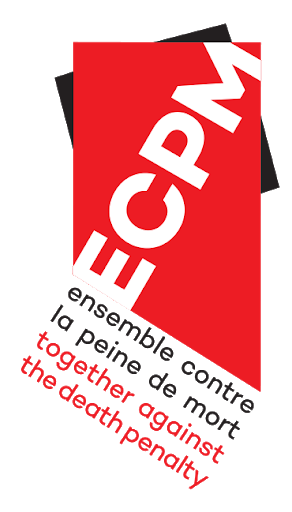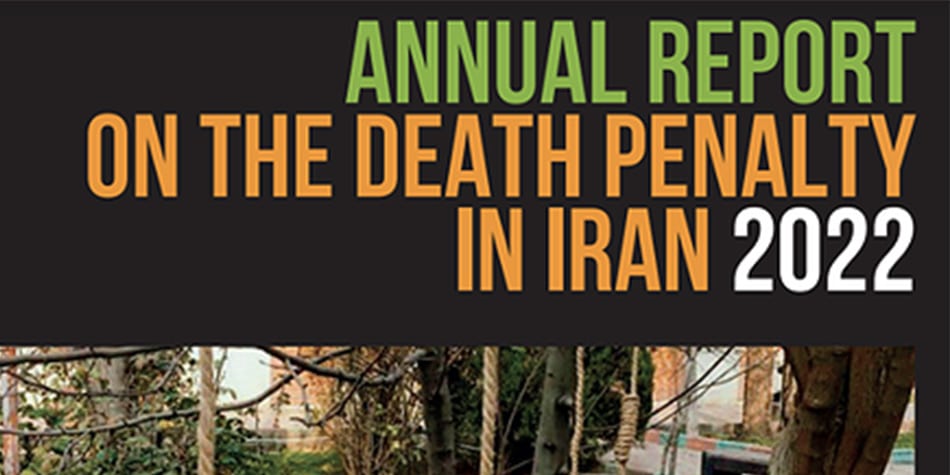France
World Coalition Steering Committee member
Ensemble contre la peine de mort (ECPM)
Since 2000, Together against the Death Penalty (Ensemble contre la peine de mort – ECPM) acts to fight against the death penalty around the world. The association promotes the universal abolition through the creation and dissemination of publications and teaching tools, as part of public campaigns and lobbies governments at both national and international levels. ECPM is supported by many public figures (Robert Badinter, Corinne Lepage, ChristianeTaubira …).
• ECPM has definitely cemented his credibility as a unifying international abolitionist forces: the 4th World Congress against the death penalty in Geneva in 2010 (after Strasbourg 2001, Montreal 2004 and Paris 2007), organized by ECPM, was exceptional by the level of States representation, the participation of retentionist countries, the involvement of the public and the media.
• From 2002 to 2011, ECPM has held the Executive Secretariat of the World Coalition against the death penalty.
• ECPM supports the emergence of national and regional coalitions, especially in the Arab world (Morocco, Tunisia and Lebanon) and Central Africa.
ECPM also works for 10 years with the victims of capital punishment: death row inmates, former death row prisoners released, families of prisoners, families of victims of murder, and terrorism, people from the “killing machine” – doctors , psychologists, prison guards, lawyers: all of their personal experience, can help to become aware of the extent of the cruelty of the death penalty.
We work in France around the citizen mobilization (petitions “no gays on the scaffold,” and “No to the execution of minors!”) new generation mobilization (through our educational program in schools) and around campaigns in particular during the World Day against the death penalty, every October 10.
From death row, ECPM committed by producing fact-finding missions, relaying aid needs and the reality on death row, denouncing through its campaigns, emblematic cases of the abolitionist cause: through international mobilization campaign, legal assistance, diplomatic support.
Its founding-president is Olivier Dechaud, its General Secretary is Emmanuel Maistre and its Director is Raphael Chenuil-Hazan
Dailymotion : www.dailymotion.com/Association_ECPM
Youtube: www.youtube.com/user/AssociationECPM
Date founded
2000Structure type
NGOWorld Coalition Steering Committee member


 62 bis rue Parmentier
62 bis rue Parmentier Phone +33 1 80 87 70 53
Phone +33 1 80 87 70 53







